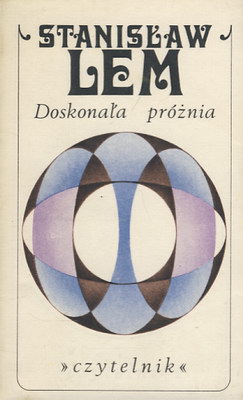Elckerlyc
"Philosophy will clip an angel's wings."
I ever had only 1 grandparent.
OK, let me rephrase that.
I only ever knew 1 grandparent. my fathers mother. She was a rather dominant, rarely smiling woman. Not per se unkind or uncaring, just not showing it. On the pictures at my parents engagement she is the sole person not smiling. Perhaps she didn't think my mother was a fitting match for her oldest son. I’d say she was wrong. She passed away when I was 26.
That’s about all the grandparent experience I got.
Both my grandfathers died, within a year, when I was about 3 years old. I have no recollections of them. Weirdly enough, I do have a memory of me sitting on the lowest step of the stairs, watching my parents unexpectedly leave (me) because granddad was dying. I had no idea what that meant at that age.
My mothers mother died when my mother was a little girl of 3. She was basically raised by her elder sisters (she had lots of them) who did an amazing job. She became a kind and caring mother. Complementary to my father, who was much his mothers son in not knowing how to express caring or understanding.

A picture of my parents around the time they were engaged. They met during WWII, survived artillery fire and triggered booby traps, lived through circumstances which formed them en matured them in ways I’ll never be. They married in 1949, once my mothers father had been convinced my father earned enough money to sustain a family, thanks to a job and payment he got as a teacher because he claimed to be married.
All this brings me (finally) to the question I intended to ask.
Considering my parents only met because of circumstances caused by the war, do I need to thank Hitler for my existence?
OK, let me rephrase that.
I only ever knew 1 grandparent. my fathers mother. She was a rather dominant, rarely smiling woman. Not per se unkind or uncaring, just not showing it. On the pictures at my parents engagement she is the sole person not smiling. Perhaps she didn't think my mother was a fitting match for her oldest son. I’d say she was wrong. She passed away when I was 26.
That’s about all the grandparent experience I got.
Both my grandfathers died, within a year, when I was about 3 years old. I have no recollections of them. Weirdly enough, I do have a memory of me sitting on the lowest step of the stairs, watching my parents unexpectedly leave (me) because granddad was dying. I had no idea what that meant at that age.
My mothers mother died when my mother was a little girl of 3. She was basically raised by her elder sisters (she had lots of them) who did an amazing job. She became a kind and caring mother. Complementary to my father, who was much his mothers son in not knowing how to express caring or understanding.
A picture of my parents around the time they were engaged. They met during WWII, survived artillery fire and triggered booby traps, lived through circumstances which formed them en matured them in ways I’ll never be. They married in 1949, once my mothers father had been convinced my father earned enough money to sustain a family, thanks to a job and payment he got as a teacher because he claimed to be married.
All this brings me (finally) to the question I intended to ask.
Considering my parents only met because of circumstances caused by the war, do I need to thank Hitler for my existence?



